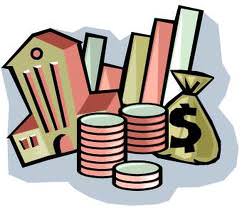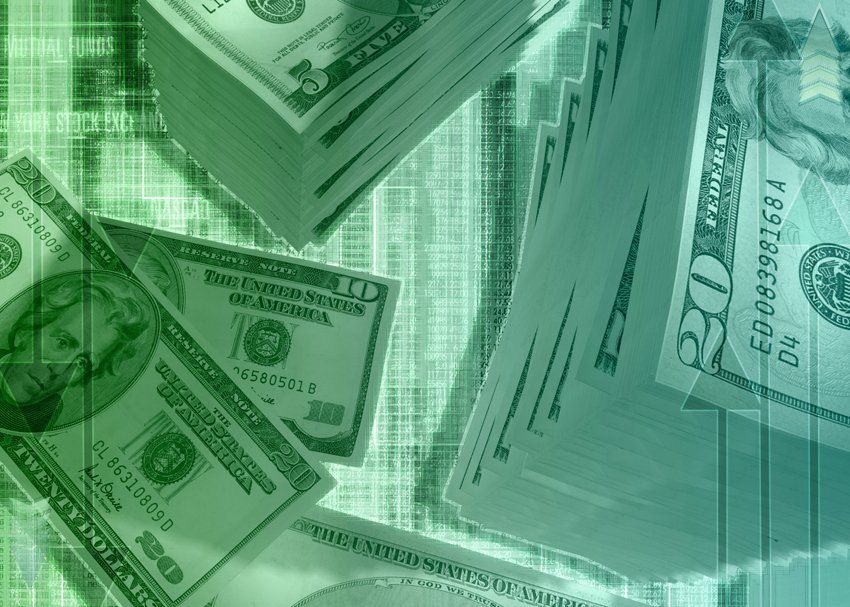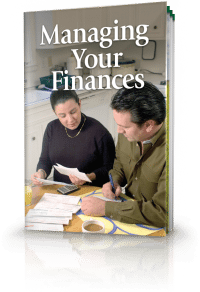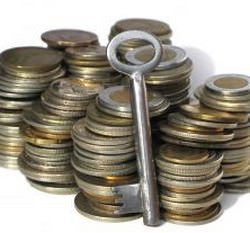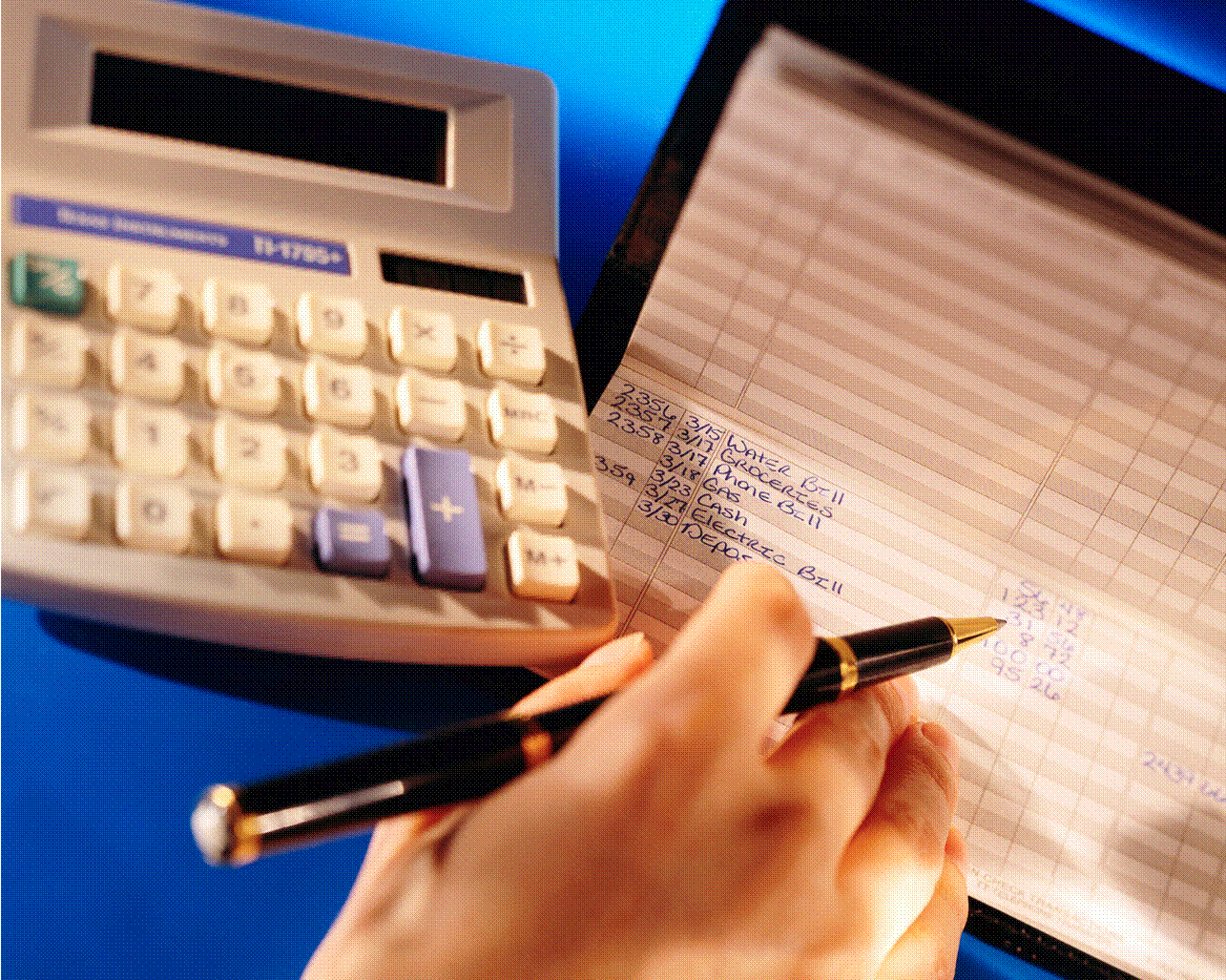The Importance of Manage Your Finances
Personal finances are something that should be your top priority. With your finances in order you are able to take care of yourself and your loved ones. It is extremely important to manage your finances so read on to find out how you can be in control of your money.
One thing that will really help you stay in control of your finances is to use cash instead of either debit or credit cards. When you use cash, it is a visual reminder that you are giving that money away and it is no longer yours. This strategy is very helpful for almost everyone. Watching your money leave your possession is much harder than using plastic.
Another thing you should always do to make sure you are in control of your money is to make sure your checkbook is balanced. This simple task will help you know just how much money you have to work with and will help you not overspend. It does not take a long time to write down your expenditures and add or subtract the money as needed.
Always keep and file all of your receipts. By keeping up with all of your receipts you are able to see what money you are spending. It is also helpful in case something happens to an item you bought, or you no longer want it.
You also need to keep and file your bank statements along with your receipts. Not only should you keep up with your statements, you also need to look over them and make sure the information you have kept lines up with the information on your statement.
Take Control of Your Finances – Manage Your Finances
One of the best things you can do to make sure you are controlling your money is to make yourself a budget. A budget should include all of the money you are bringing in, as well as all of the money you are spending. Your budget should contain everything you do that has to do with money. Once your budget is prepared, the key for it to be successful is you following it.
When you go shopping, make a list before you go. By making a list, and following it, you are only buying items that are needed instead of impulse purchases, which can really hurt your budget. Stick to the items on your list and don’t purchase something unless you have given it careful thought.
Give yourself an allowance. Chances are, if you do not allow yourself any free spending money, you won’t stick to your budget for long. Based on your budget, allow yourself a certain amount of money, and then stick to it.
A savings account is crucial to your financial life. Having a savings account assures you have not only money for a rainy day, but also for those days when something unexpected happens.
If you want to control your money instead of letting it control you follow the manage your finances advice offered in this article. Keeping yourself in control of your finances is a very part of a productive life.


